What should Microsoft name its rumored folding Surface?
Microsoft device patents and other sources have revealed what we have long suspected: Microsoft appears to be working on a foldable mobile device. But what will it be called if it makes it to market?
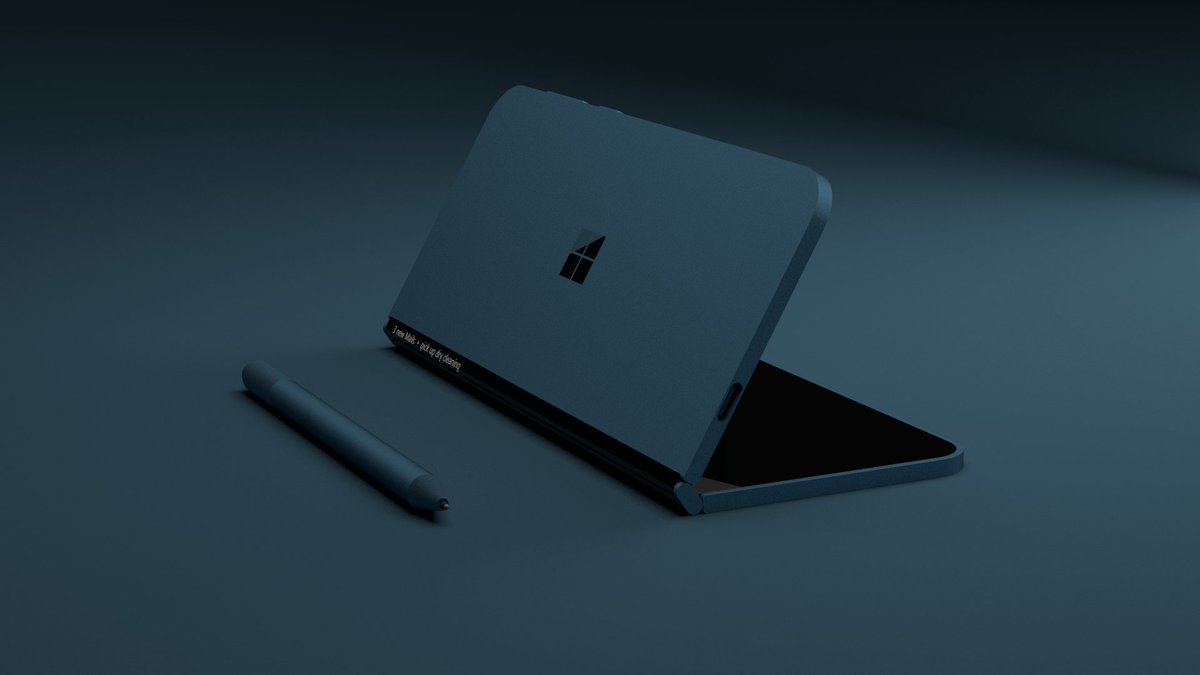
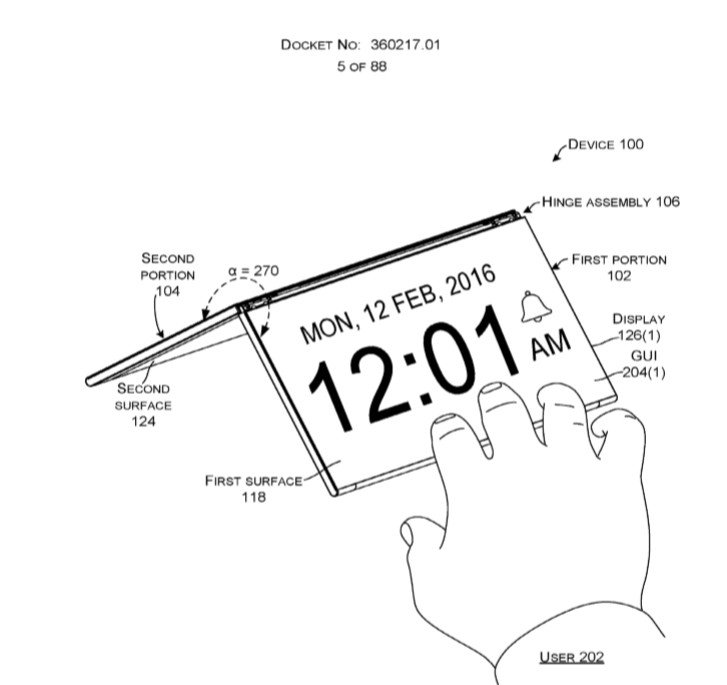
Hopeful and former Windows phone users have long enjoyed the Live-tiled Windows phone UI and Microsoft's ecosystem.
Sadly, Windows phones have been a persistent consumer failure. Still, Microsoft's Surface brand defined a category and inspired an industry of OEM support for 2-in-1 PCs and has inspired fans to grasp onto "Surface" as Microsoft's solution to its smartphone woes. Hence, hopeful fans have dubbed Microsoft's elusive mobile device the "Surface Phone." But since the device isn't a phone, that name won't work.
- Will Windows phone fans finally get the device of their dreams?
- How Microsoft is prepping the enterprise for its folding mobile Surface
What's in a name?
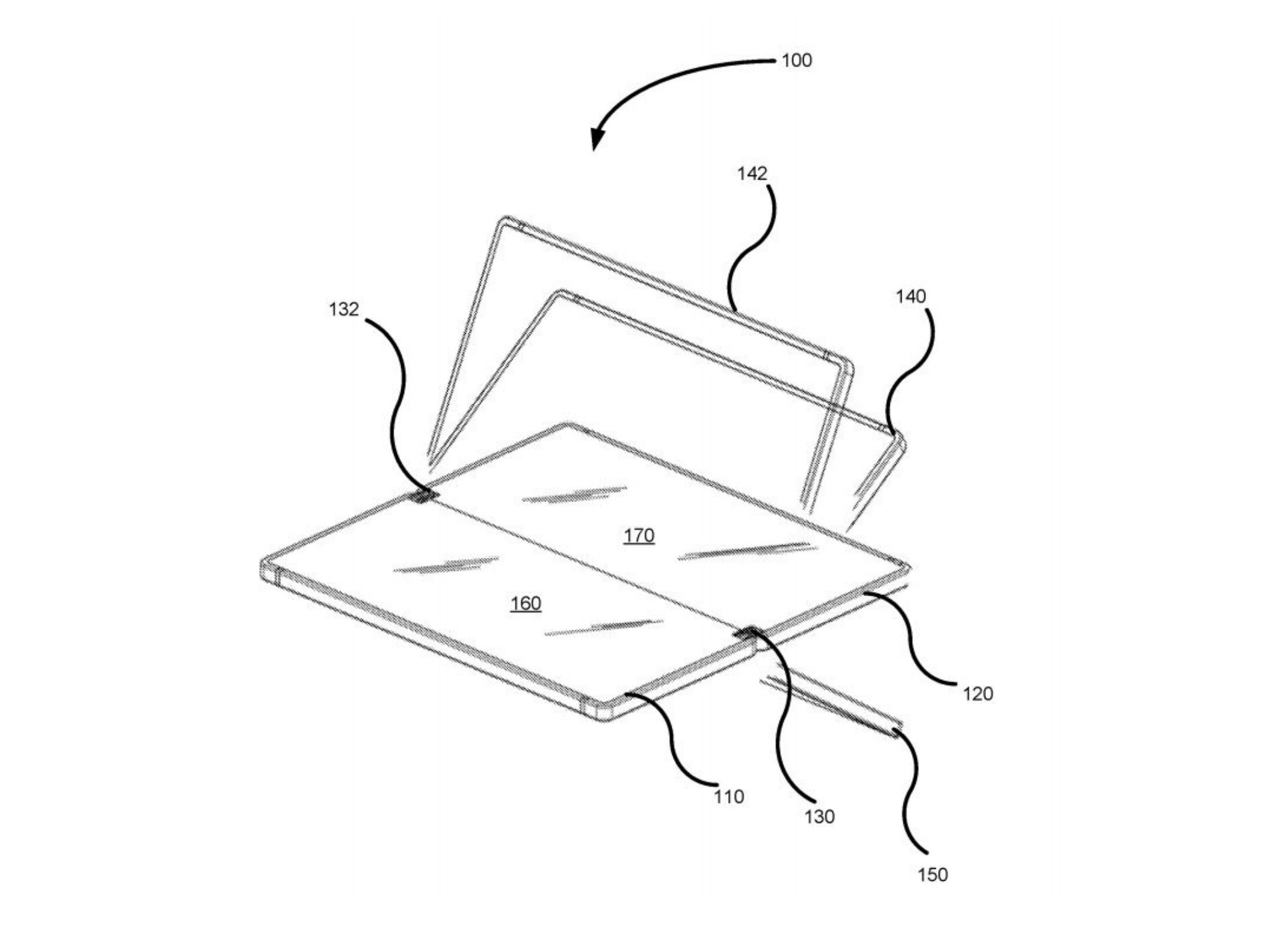
Careful analysis over the years took into account Microsoft's long-held goal to bring the full power of Windows to a mobile form factor. Its various investments, Windows 10, OneCore and public statements from leadership helped shape a narrative that Microsoft was not pursing smartphones.
With this understanding as a foundation, we persisted that Microsoft is pursuing a Windows-on-mobile vision. Thus, we asserted the term Surface "Phone," for this non-phone device, is inaccurate. Microsoft has shifted from smartphones to pocketable PCs with the power of Windows 10, telephony and an inking focus.
Additionally, recent patents reveal this device will be foldable hearkening back to the canceled Microsoft Courier and a device foreshadowed in a 2009 Microsoft future vision video. As such, writers and fans have forsaken the inaccurate Surface Phone moniker and embraced the awkward "Microsoft's folding device" description when talking about this device. Given what we believe we know so far, what should Microsoft name this long-awaited device?
The name should define
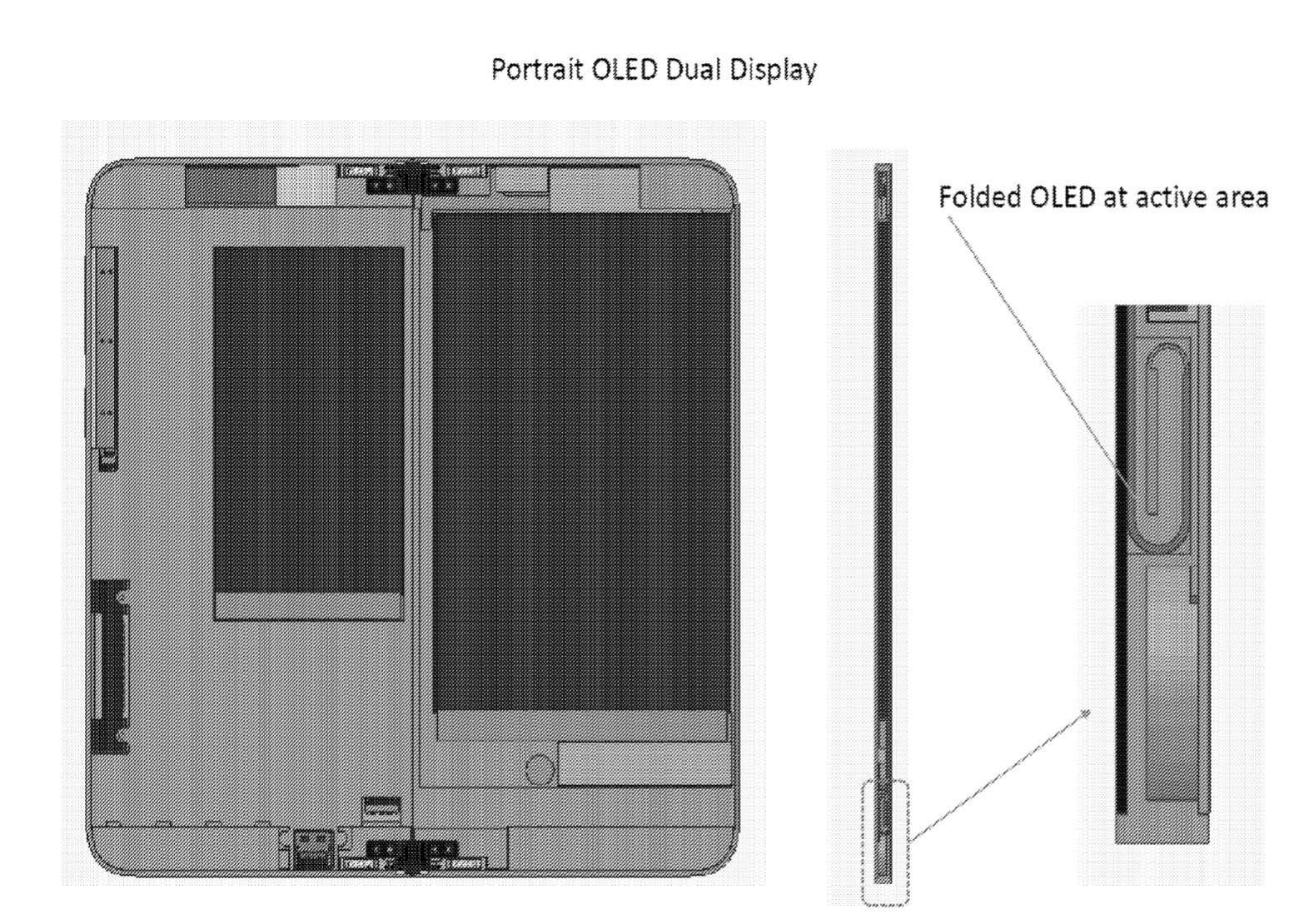
In biblical times, names reflected a person's character or destiny. In like manner, names of products are important to quickly define what something is and what it's for. In the dynamic and fast-paced tech industry, a product's name is critical. It must swiftly convey to the target audience, whose attention is being consistently courted, the purpose and position of the device.
The name of Microsoft's new mobile device must convey its position in relation to smartphones. Microsoft may be launching a pocketable PC into a context where users see any telephony-capable pocketable device as a smartphone. Whatever Microsoft calls this device the name must convey that it is a Windows 10 PC to reshape what people expect from a pocketable telephony-enabled device.
Get the Windows Central Newsletter
All the latest news, reviews, and guides for Windows and Xbox diehards.
The name should be marketable
Since Microsoft must market the "what and why" of this device, the name must be simple, memorable, original and appealing. If it's too long, complicated, immemorable or inaccurately describes the device marketing attempts will fail.
Sadly, Microsoft has a spotty record with naming products. The "Microsoft Wireless Display Adapter" comes to mind. Chromecast is much catchier name for a similar product. A product's name must be comfortable to say and connect with people emotionally and intellectually.
Microsoft must recognize that though the device's audience will initially be the enterprise, people with iPhone Xs, Galaxy Notes and Surface Books are making a company's technology decisions. The devices they possess have names that work emotionally and psychologically.
The name should appeal to OEMs
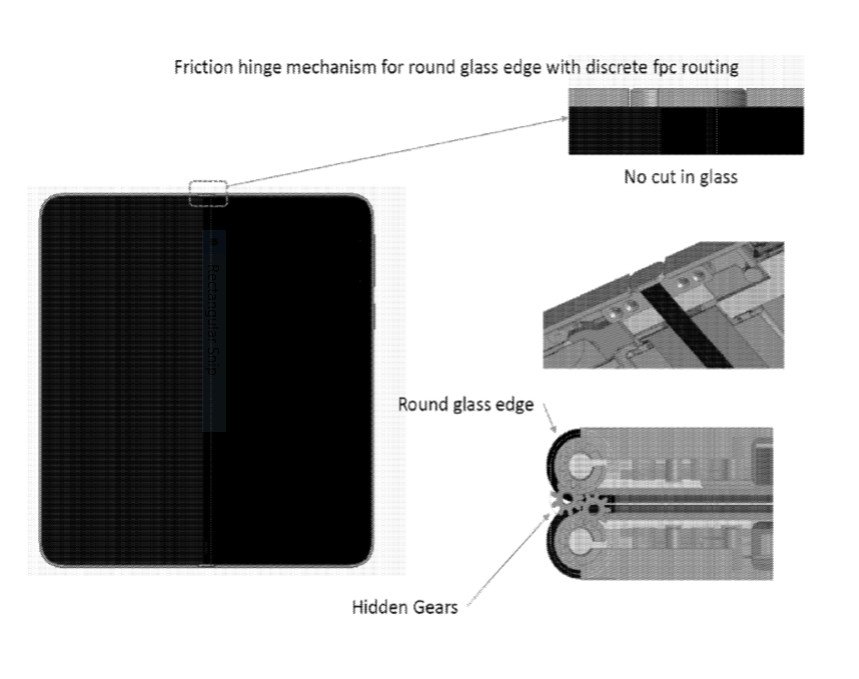
The device's name must clearly convey to Microsoft's OEM partners the category that Microsoft's creating. This is critical since Microsoft's role is to set the standard for a category and then rely on OEMs to democratize devices at different price points. If OEM partners are confused about the product's position they won't be inspired to create similar devices.
Microsoft's Surface, "the tablet that can replace your laptop," provided clear messaging that OEM partners embraced.
Windows 2-in-1s are paving the way for the Surface phone
How can Microsoft ensure OEMs understand that its foldable pocket PC is a full Windows PC, that can replace a tablet, become a PC, has telephony but is not a phone?
The name should have staying power
Enterprise customers are this device's initial target. Of course, they're also consumers with iPhones and Android phones. To reduce resistance, whatever Microsoft names this device, it must be clear to users that this device is a PC (with a unique form factor) and not a phone.
After a couple of generations of this device, Microsoft's long-term goal may be to bring this PC category to consumers. With 5G and Progressive Web Apps (PWA) on the horizon, the app gap could potentially be solved as developers build PWAs for all platforms.
What should Microsoft name this pocketable, inking-focused PC? Some people have suggested "Surface Journal," "Surface Scribe," "Surface Note" and "Surface Fold." Share your thoughts in comments and on Twitter.
Jason L Ward is a columnist at Windows Central. He provides unique big picture analysis of the complex world of Microsoft. Jason takes the small clues and gives you an insightful big picture perspective through storytelling that you won't find *anywhere* else. Seriously, this dude thinks outside the box. Follow him on Twitter at @JLTechWord. He's doing the "write" thing!

